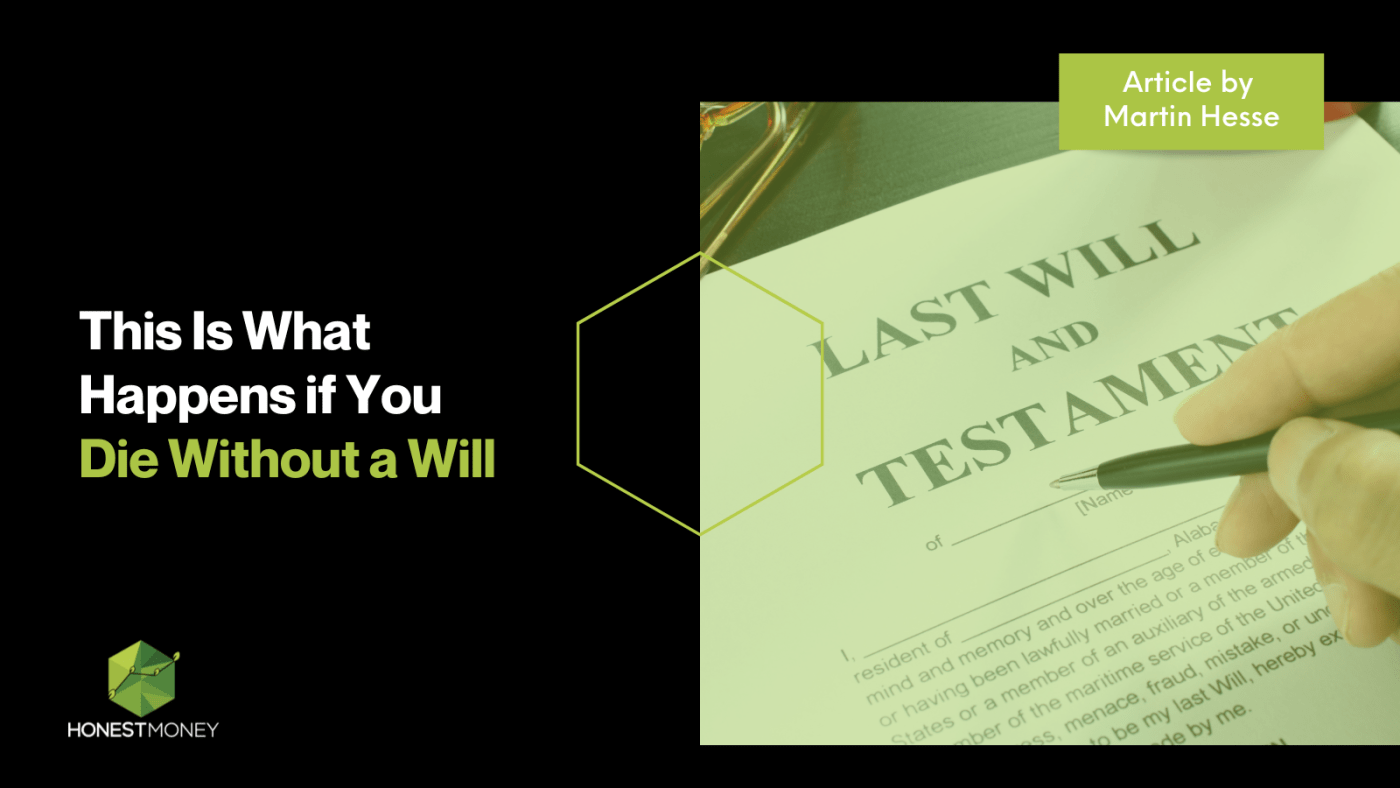This Is What Happens if You Die Without a Will

Only a third of South African adults have a will, and the percentage is falling. According to the 2025 Sanlam Legacy Wills Survey, 34% of the adult population have a will, down from 39% last year.
The reasons are varied, but it is clear that most people who don’t have a will don’t think it necessary in their circumstances. The survey found that, of the 66% of respondents who didn’t have a will, 43% said they didn’t have enough assets, 30% said they were unemployed and 27% “hadn’t found the time”.
Dr Mavis Mazhura, a behavioural science specialist quoted in the survey report, says: “This reasoning is rooted in ‘asset salience bias’ – the belief that ‘I have nothing to pass on’. To overcome this, the question needs to shift from ‘What do I own?’ to ‘Who do I love?’ – making wills about people, not assets.”
Sankie Morat, chief executive of Sanlam Fiduciary Services, says the survey shows that many people only realise the importance of having a will when they see the consequences of someone close to them dying without one – in other words, dying intestate.
The law of intestate succession
If someone dies without a valid will, a process kicks in over which their surviving loved ones have little, if any, control.
The Administration of Estates Acts requires that the death be reported within 14 days to the Master of the High Court or, under the following circumstances, to the local magistrate’s court:
• The deceased died without a will; and
• The value of the deceased estate is less than R125 000; and
• Money available in the deceased estate is less than R20 000.
If the value of the deceased estate is more than R250 000, the Master will appoint an executor. The direct relatives of the deceased may nominate an executor, but the final decision rests with the Master. For estates of less than R250 000, the Master will appoint a representative, who will typically be a family member of the deceased. The representative is able to wind up the estate without having to follow the same formal procedures as an executor.
If there is no valid will, then, according to the Intestate Succession Act of 1987, the estate must be distributed to the closest relatives first, as follows:
• If the deceased is survived only by a spouse, then the spouse will inherit the entire estate.
• If the deceased is survived only by children, then the children will inherit the estate in equal shares.
• If the deceased is survived by a spouse and children, then the spouse will receive a child’s share or R250 000, whichever is the greater amount, and the children will receive equal shares of the balance.
• If the deceased is single and has no children, then the parents and siblings of the deceased are in line to inherit.
A further complication for surviving families is that any inheritance due to a minor is paid into the Guardian’s Fund. This state-run fund, managed by the Master, keeps this money invested until the beneficiary is old enough to claim. Guardians of minor children can apply to the Master for funds to be released for the children’s maintenance and education, but claiming can be an arduous process.
Who is a ‘spouse’ under the Act?
The term “spouse” includes a partner in a same-sex civil union under the Civil Union Act, a spouse in a religious marriage and polygamous spouses in terms of customary marriages. The Act was recently amended for the word “spouse” to include a partner in a permanent life partnership in which the partners have undertaken reciprocal duties of support.
In case of a marriage in community of property, the half of the joint estate that belongs to the surviving spouse will not be subject to the rules of intestate succession.
Reframing the need for a will
In the report, Amrith Bishoon, executive manager of Sanlam Legacy, says that many people don’t realise that wills cover much more than money and assets – “they record wishes for guardianship of children, can help reduce taxes, and provide clarity at a time when families need it most”.
Changing this perception requires both reframing and practical nudges. “The narrative must shift from ‘a will protects your wealth’ to ‘a will protects your children’ – no matter what you own. Relatable stories and statistics are powerful tools to shift mindsets, particularly when showing how families struggle after losing a loved one without a will,” Bishoon says.
SOURCES:
https://www.justice.gov.za/master/wills-is.html
https://www.legalwise.co.za/help-yourself/legal-articles/administration-deceased-estates
https://www.legalwise.co.za/help-yourself/legal-articles/dangers-not-having-will
https://www.sanlamonline.co.za/financialplanning/wills-trusts-and-estates
Author
-

Martin is the former editor of Personal Finance weekend newspaper supplement and quarterly magazine. He now writes in a freelance capacity, focusing on educating consumers about managing their money
View all posts


